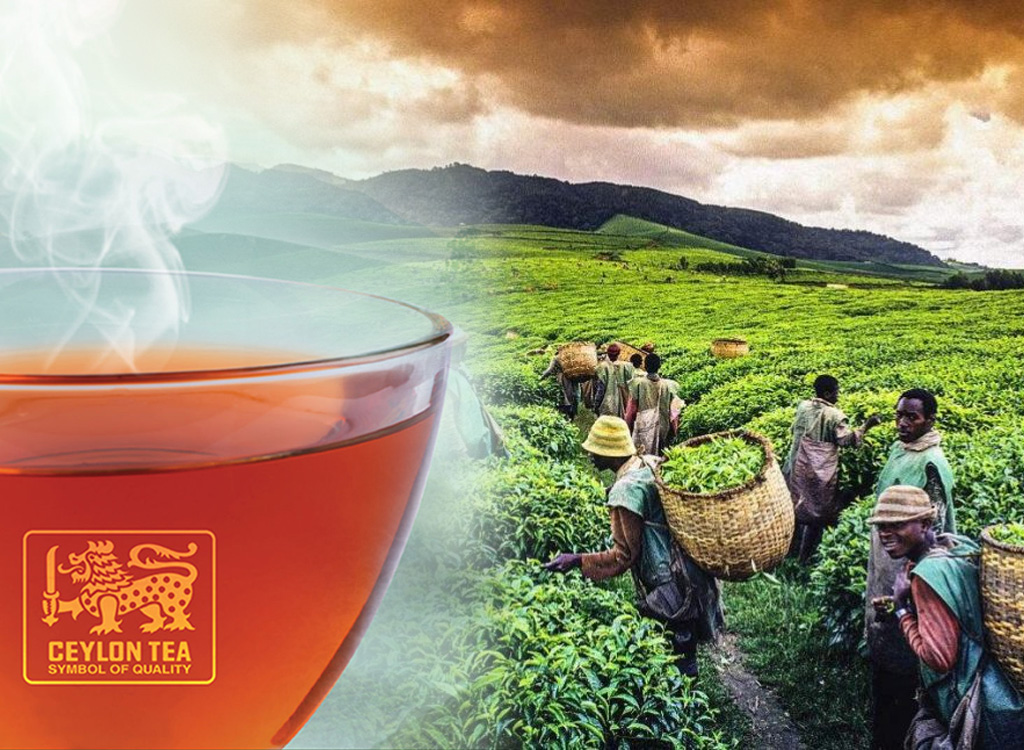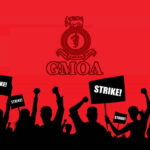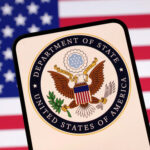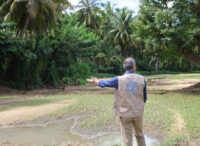Sri Lanka’s tea exporters are bracing for a shifting competitive landscape in the United States market as new import tariffs come into effect on August 7.
While Ceylon tea will gain a 5% tariff advantage over Indian tea, it will face stiffer competition from African producers, particularly Kenya and Malawi, according to the Tea Exporters Association (TEA).
Speaking to the Daily Morning Business, the TEA noted that Sri Lanka will be subject to a 20% U.S. import duty, lower than India’s 25%, but higher than Kenya’s 10% and Malawi’s 15% which could hurt Sri Lanka’s competitiveness, especially in the tea bag segment dominated by Kenya’s CTC (crush-tear-curl) teas.
“Although we will have a 5% advantage over India, we have a 5% disadvantage with Malawi. The 10% tariff gap with Kenya could affect our tea bags export to the U.S.,” the association said, adding that Kenya’s growing orthodox tea production could pose a long-term threat to Sri Lanka’s market share.
Sri Lanka, Vietnam, Indonesia, and Taiwan are all aligned with a 20% tariff, while Indonesia fares slightly better at 19%. Historically, tea imports to the U.S. from all origins were duty-free, giving premium teas like Ceylon a stronger footing based purely on quality.
The TEA acknowledged that Sri Lankan tea still commands a premium in the U.S. due to its high quality and strong brand recognition. “Ceylon tea prices are comparatively higher than other producing countries, by at least $1 to $1.50 per kg,” it said.
However, the new 20% tariff, applied to already high-priced products, is expected to raise retail prices further, potentially narrowing Sri Lanka’s consumer base.
“Under zero duty it was not a big issue, but with a 20% duty it could make a significant difference in pricing,” the TEA added.
With the tariff structure now tilted in favour of some competitors, the TEA urged the local industry to shift focus toward product differentiation.
“In the future, the competition could be on product quality, branding, and marketing rather than on tariff lines, especially in the middle and upper segments of the market,” it said.
It also reiterated calls for the government to support value addition by removing bans on the import of key ingredients, such as spices, that could enhance the export appeal of Sri Lankan teas through blended products.
“All suspended tea orders following the tariff announcement in April have now resumed under the temporary 10% tariff. But to remain competitive, Sri Lanka must innovate,” the association noted.
The TEA urged the government to play a proactive role in helping the industry adapt, particularly by allowing imports of ingredients needed for value-added blends and re-exports.
“If Sri Lanka is to maintain its position in the U.S. market, the industry must evolve. That means focusing on quality, brand strength, and value addition — and that requires regulatory support,” the association said.
As the global tea trade recalibrates under new tariff conditions, Sri Lanka’s long-standing reputation for premium quality may no longer be enough.











Leave a comment